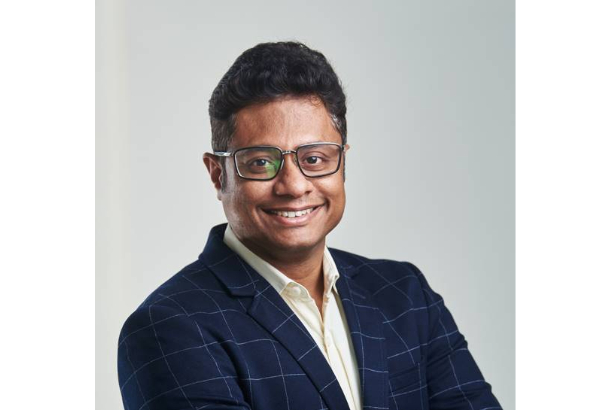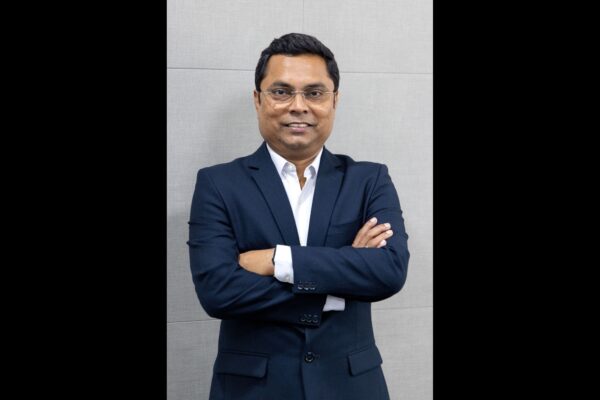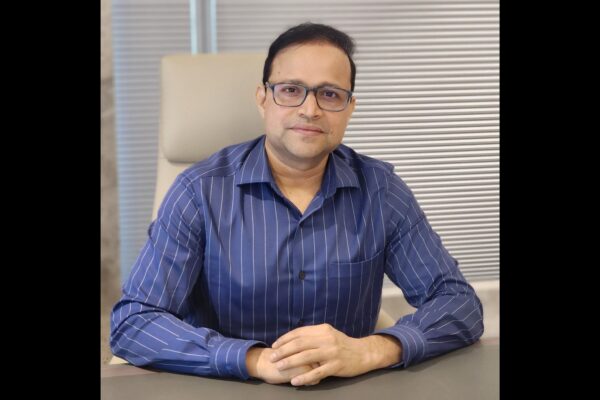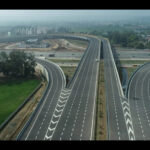Policies should go toward water quality awareness, says Vikas Brahmavar, Founder, Boson Whitewater
We could possibly look at wastewater as the third source of water at least for industrial water requirements
With the water crisis looming over many cities in India, can wastewater treatment be a panacea. Your take on this
Wastewater is the only sustainable way for the cities to grow fast. We cannot be dependent on rivers from 100s of kms away to supply water for the growing city. It need not always be "We are not Singapore”. We could possibly look at wastewater as an important resource and the third source of water at least for industrial water requirements.
What are the trends and tech trends shaping the water and wastewater treatment industry worldwide?
Technology so far has always been efficiency improvement or reducing the sizes of equipment, core technology did not have much momentum because water pricing has been a political aspect and could not be increased over a very long time. However, advancement in Carbon Nanotubes (Single walled and Multiwalled Nanotubes), Graphene based materials, Speciality Nano agents are seeing some core technologies being developed. For now the challenge is practical applications on the ground rather than technology.
How big is the market for water and waste water treatment in India? How much market share you command and what would be your strategies to increase your market share?
The wastewater market is an enormous market and is estimated to be more than 5 billion USD in India. However our current market is Bangalore and three other core cities with predominant efforts to go making Bangalore a role model city in the world for waste water reuse market. We are looking to cater to 7 percent of Bangalore's industrial water demand from recovered high quality water over the period of next 4 years.
What are the cost-effective cutting-edge technologies, products, services and post-project support you offer?
As long as the water cost supplied by the Government is heavily subsidized there won't be a cost effective method. We now work to improving on quality of water where customers can pay more as the quality of water is better than any of their current water sources. Few technologies which are helping us improving the operational efficiency are cutting edge, in terms, using the AI to allocate and schedule service people to maintain the system, using ML algorithms to reduce the consumables used in the system and RFID based readers and maturing to computer vision based water tanker monitoring, etc.
Your take on the government policies and regulations and the tweaks required to propel the water and wastewater sector?
Enforcing reuse of water is the 1st policy intervention required. We have all policies on books, however enforcing the policy on the ground has been a significant challenge for the government. We see a huge change in enforcement since the scarcity, at least, here in Bangalore. Government has always been saying we have to reuse water, however, setting up policies like what all industries should use reuse water. Government also should have a framework of what quantity of water in any specific industry has to come from recovered water. Policies on these sides will play an important role to take our country towards water reuse maturity.
A major challenge is the disposal of excess sludge produced during the wastewater treatment process. How does your company manage this issue, and what innovative solutions or technologies do you employ to mitigate the environmental impact of sludge disposal?
Our system comes after the STP treatment and does not have sludge coming in the input to the system, therefore we do not need to handle sludge. In-case the input water to our system has sludge contributing to the Suspended solids the system will automatically shutdown detecting anomalies in the input. However, in the STP sludge needs to be handled well, technically a properly treated and separated sludge is a manure and can be safely disposed of.
What are the other challenges facing the wastewater treatment industry in India and how can these challenges be addressed?
Significant water supply in any city is currently catered by water tankers which is an unorganized sector. The need for water tankers cannot be avoided as we grow. Instead of forcing policies on the unorganized sector, policies should go toward water quality awareness, the buyers of water should be aware of what water they are buying. The key challenges are the trust factor to use recovered water for potable application. When people buy water via an unorganized tanker source they do not worry about quality of water, when they have their own method of treating water there is a huge mindset issue to reuse the water.
How are you leveraging technology to enhance sustainability in your projects and what are the sustainability features you have integrated with your commissioned projects in the last two years?
Our current installed capacity for decentralized wastewater recovery is at 8,30,000 litres per day, we are looking to increase it to 14,00,000 litres per day by December. We use all advanced sensors IoT enabled sensors for water quality monitoring for both input and output. We also have sensors for monitoring the water flow, pressure at various filtration stages and we collect all the data remotely. We also have algorithms which alerts on optimized consumables usage in the equipment. We also have taken advantage of AI and are doing our trials on various possibilities of integrating AI in improving the efficiency of the system like AI alerts to our supervisors to implement some preventive maintenance.
What are the major growth targets, expansion plans and strategies your organisation is aiming for over the next three years?
We are looking to set up our Boson Whitewater system in 40 residential commutes to handle about 28 lakhs litres of water per day. We are also looking to enable the sale of water across different regions of Bangalore. We will have pilots setup at Coimbatore, Hyderabad, Pune, Chennai by the end of 2024 and slowly look at enabling decentralized Circular economy in waste water across all the 4 target cities. For Delhi market we are looking to work with one of our partner company which possible help implement projects. By the end of 2025 we are looking at 500 crores litres of water saved per year.









